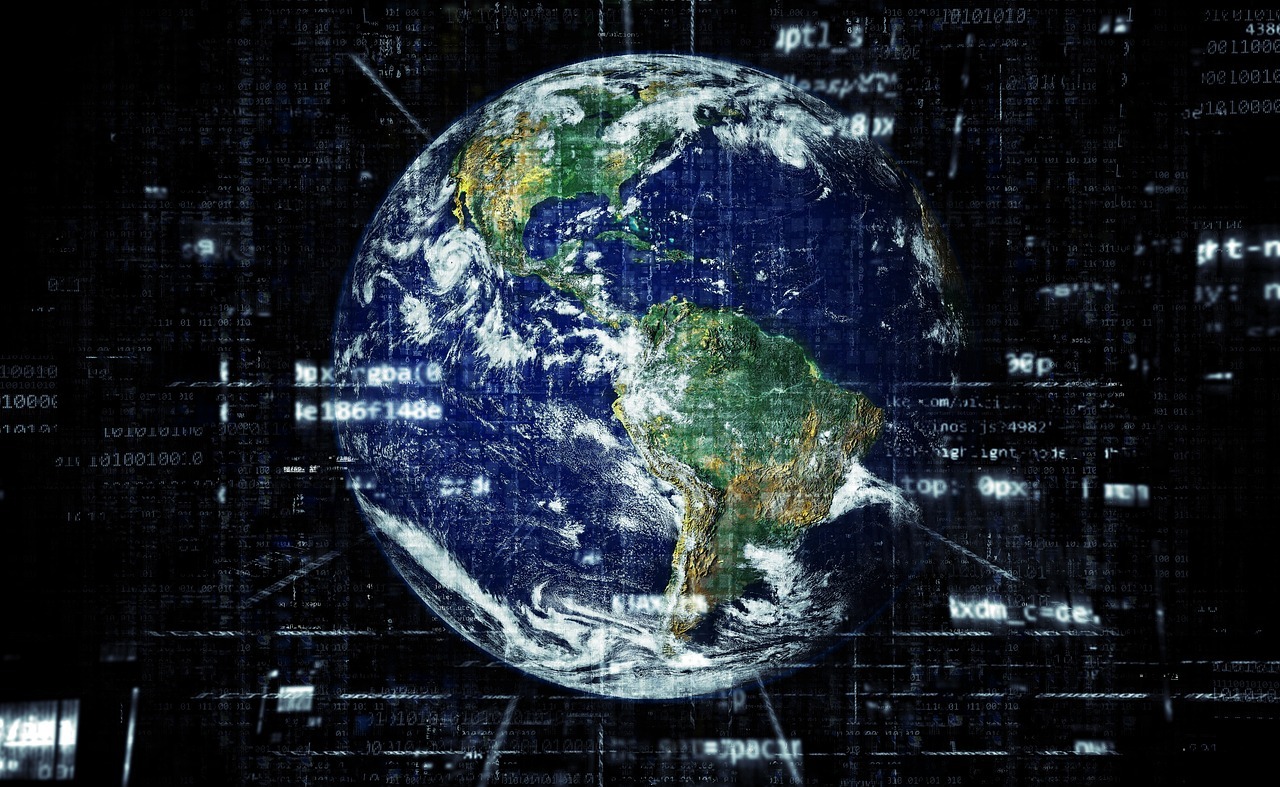The internet, a captivating chameleon of the technological times, has spectacularly grown from being a realm entirely owned by researchers and tech-savvy folks to becoming utterly essential for everyday life. Explore with me this phenomenal journey looking into the inception and transformation of the internet, its bearing on cultures worldwide and its pivotal role in shaping our present-day society.
The Beginning
The story of the internet begins in the late 1960s under the supervision of a US Department of Defense project called ARPA (Advanced Research Projects Agency). Driven by Cold War apprehensions, ARPA aimed at establishing a fault-tolerant communication network that could continue functioning even if sections of it got damaged or destroyed.
From ARPANET to Internet
In 1969, ARPANET became operational connecting four major US universities. By visiting the internet corner on SmallTechInnovations.com you can learn more about how this small network gradually continued to add more nodes in the form of connected institutions.
Email – The Game Changer
With ARPANET’s growth, in 1971 came the birth of email as we know it today. Striving to find applications beyond overshadowing military advantages, scientist Ray Tomlinson cross-platformed two networks introducing “@”, changing how people connect forever.
Growth Beyond Borders
By the late 70s and early 80s, other countries started developing their own internal networks. These regional networks began interconnecting and expanding ARPANET into an international network.
The World Wide Web
If talking about the internet and not mentioning the World Wide Web would be an incomplete discussion. Invented in 1989 by Tim Berners-Lee, the WWW made it possible for users to browse through information via hyperlinks.
Commercialization of the Internet
Through the 90s the internet was mainly a governmental and educational resource. However, with time came its commercialization. Internet Service Providers flourished and the ease of access increased manifold.
Dawning Digital Age
The late 90s marked the beginning of the digital age. With ecommerce gaining traction, search engines becoming popular and social media platforms just around the corner, this era significantly changed how businesses were conducted.
The Era of Search Engines
The turn of the millennium saw an explosion in terms of search engines. The birth of Google in particular revolutionized how users accessed information on this vast network.
Social Media – A New World
No longer confined to researchers and tech professionals, platforms like Facebook, Twitter, and later Instagram made routine internet usage widespread amongst people of all ages, providing them with an entirely new medium of communication.
Broadband and Speeding Up
The introduction of broadband was a significant shift towards increased usage. Superior speeds meant richer web content thus paving way for advancements like streaming services and online gaming to thrive.
Internet on Mobile
In the mid-2000s mobile browsing became a reality due to advancement in mobile technology. Smartphones equipped with web browsers opened a portal to always available internet access taking us into a world where being online became second nature.
Internet Today – IoT & AI
Presently, our internet experience cannot be imagined without gadgets synced with cutting-edge technologies such as Artificial Intelligence or The Internet of Things – integrating our everyday tasks more seamlessly than ever before.
The Future Internet
What would the future hold for the internet? Given the exciting advancements in technology, one can only imagine. Blockchain, AR and VR could be potential drivers shaping our online experiences to become even more immersive and secure than now.
A Journey Worth Remembering
From being a restricted network of researchers in the 60s to becoming an integral part of our everyday lives – the inception and transformation of the internet certainly outlines a journey worth reminiscing. Not only did it revolutionize how we connected, but it also fundamentally changed how we live, learn, play and work.

